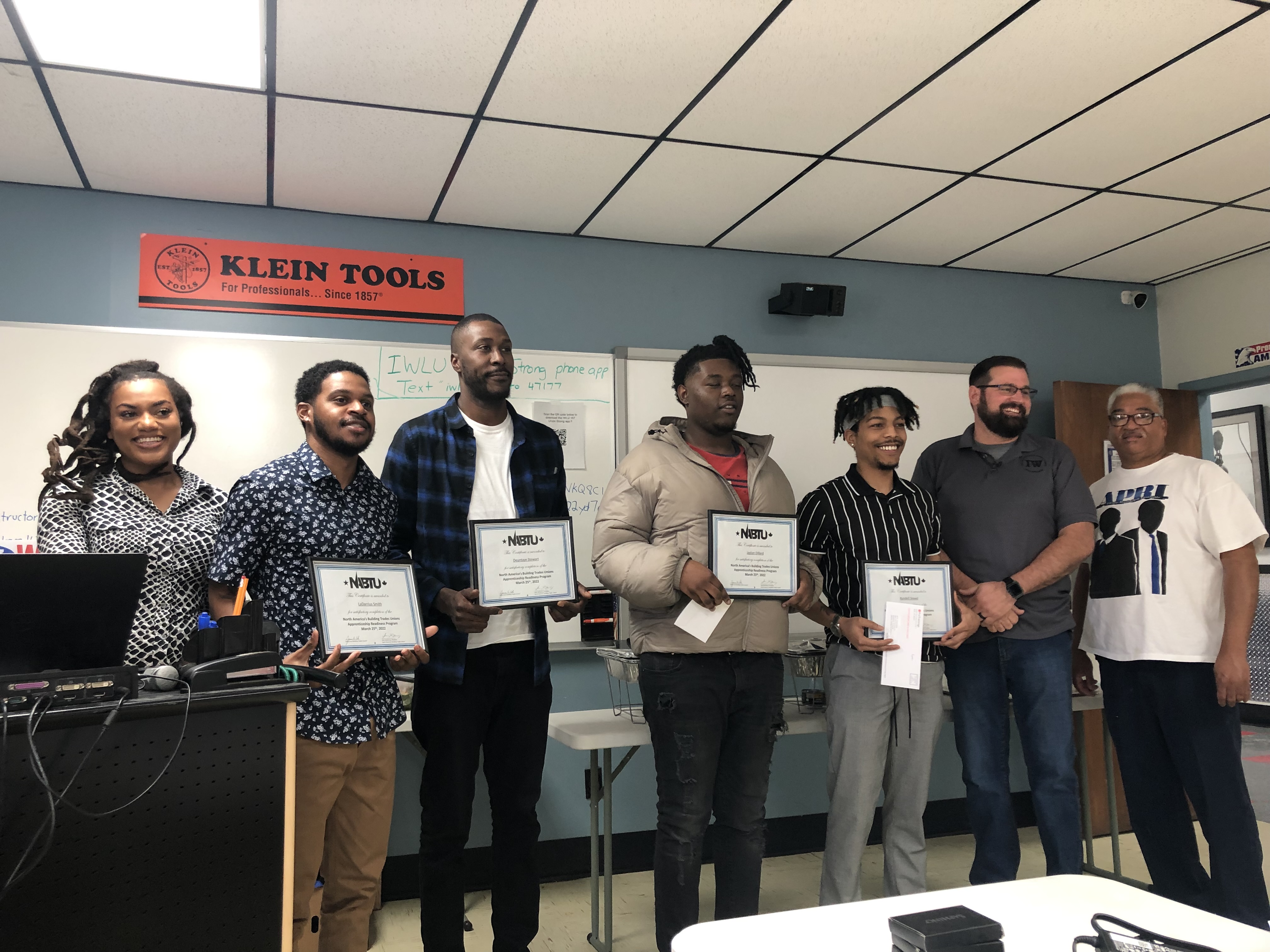The city of Memphis, Tennessee has the highest Black population in the US. It is also a city where Black residents face significant socioeconomic challenges. These challenges or disparities are wide ranging from health, employment, democratic representation, housing, infrastructure, environment and the list goes on.
People involved in the environmental justice movement have known since the 1987 Toxic Wastes and Race study that race determines how close you live to sources of environmental pollution more than any other demographic factor, including poverty level. As a city with a high Black population, Memphis and the environmental injustices it faces can be viewed as a microcosm of conditions and unequal systems experienced by Black communities across the country.
Memphis has faced an unfortunate history of hazardous dumping, legacy pollution, energy burden, civic disenfranchisement, and unjust health disparities. Today’s residents still encounter issues with infrastructure, adequate housing and adverse economic conditions as a result of these compounded multifaceted pressures (i.e. higher medical and utility costs). In the most critical terms, this barrage of issues amounts to increased morbidity and mortality in Memphis communities; loved ones are getting sicker and dying earlier than they ever should, because they are being poisoned and denied their rights to clean water, air and soil.
One major way to address some of these issues is to clean up the buildings in communities historically overburdened by pollution. Burning fossil fuels, like methane gas or oil, in buildings are a major source of climate-warming emissions and health-harming pollutants. Electrification with energy efficient appliances can make homes more resilient in the face of dangerous weather conditions, while also keeping monthly energy bills more affordable.
With this in mind, late last year, Sierra Club’s Labor and Economic Justice program teamed up with our Building Electrification team to secure funding for a heat pump project in Memphis. The labor team had been deepening its relationship with the local TN labor community over the past year, so we envisioned a promising opportunity to demonstrate the potential of “building electrification” as a practice when the Electrification team began issuing “catalyst” grants in select cities and states.
The Lowdown on the Hottest (And Coolest) Appliance You’ve Never Heard Of
We approached Marquita Bradshaw, Tennessee Chapter Environmental Justice Chair and Executive Director of Sowing Justice, and Kermit Moore, Executive Director of the Memphis A. Phillip Randolph Institute, about the idea of pursuing the heat pump grant. We calculated that because Marquita and Kermit shared office space, showcasing something like a heat pump could go a long way in providing an opportunity to educate local leaders and community members.
Both groups have expressed the hope that education around their heat pump installation will show the community that a just transition from gas is possible and what it can look like. Sowing Justice wants to ensure that members of the community, where 65% of residents are homeowners, have alternatives to reduce their energy burden and know what the process of retrofitting entails. APRI hopes that the heat pump story can be a good way to drive local participants to their adult education and Apprenticeship Readiness Program
We are hopeful that Memphians who learn about this place-based effort will want to learn about installing heat pumps in their own homes. We think this endeavor will also afford our Healthy Communities team the chance to deepen their work in the Southeast on energy burden and even help bridge a relationship with the local housing authorities, public school systems and beyond. We look to continue engaging in impactful local relationships that provide opportunities to leverage energy efficiency and electrification to improve the quality of life for communities across the country.
*****
Heat Pumps can be a significant cost-saving measure for many consumers and communities that face energy burdens emerging from intersecting injustices. For more on heat pumps and other resources:
- Sowing Justice is an Environmental Justice organization based in Memphis focused on increasing civic engagement in fence-line polluted communities.
- APRI is one of several AFL-CIO constituency groups with chapters all over the country, Find out more information about your local APRI chapter.
- The labor team is always looking for creative ways to support place-based efforts. For inquiries and feedback about your own labor related energy transition collaborations, email Ousman Cheek
- More about the rich Labor and civil rights history of Memphis
